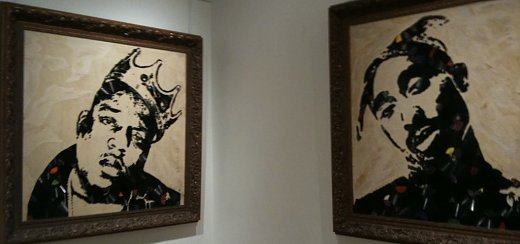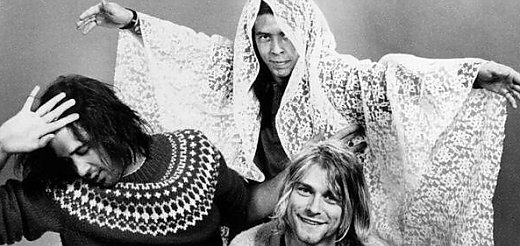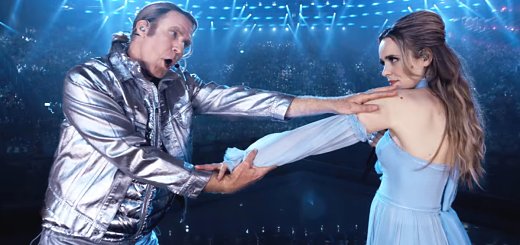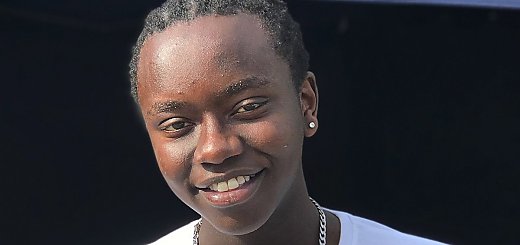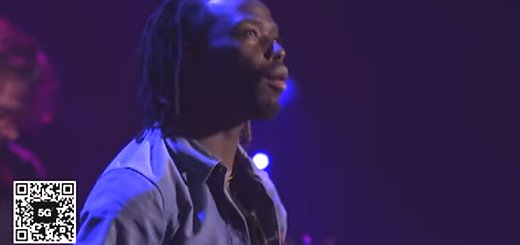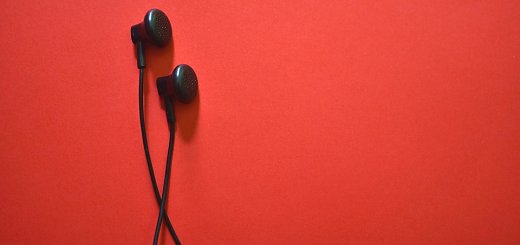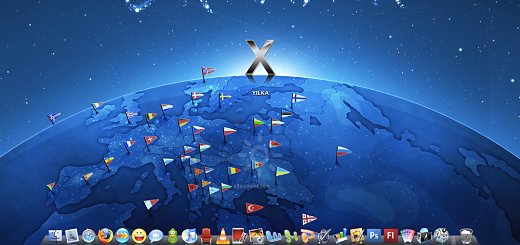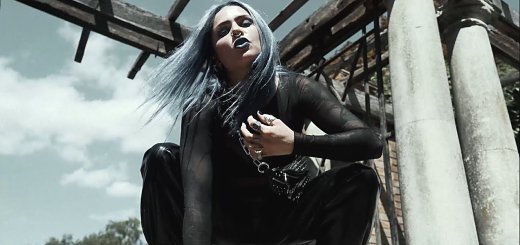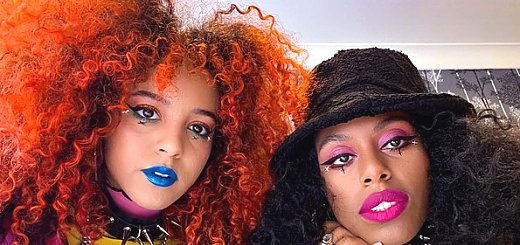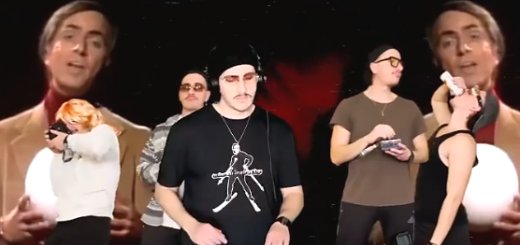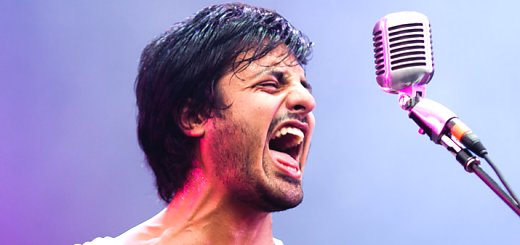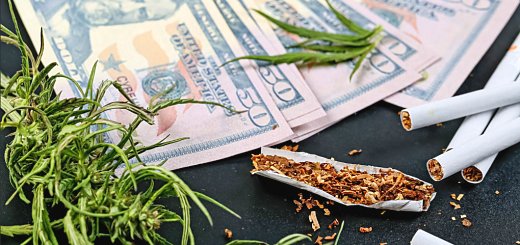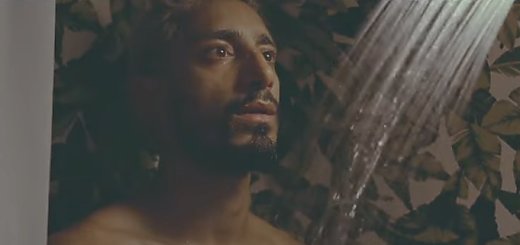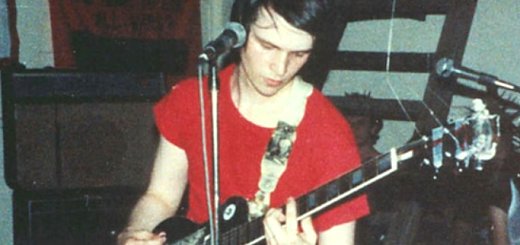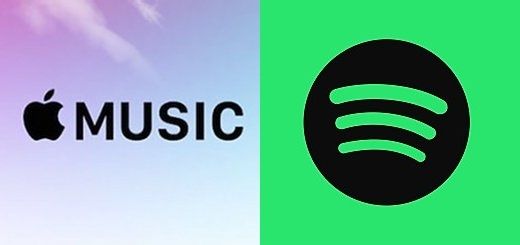Live Music 2.0(21) - how to restart live music?

REDEF Set started a new curated collection of articles Live Music 2.0(21), about the state of live music in the (vaccinated part of the) world. There are several paths that could be taken: vaccinated fans in the orchestra section wearing black wristbands, non-vaccinated (but negative-tested) fans in the balconies, everybody in masks (like the Los Angeles Opera); Springsteen on Broadway will reopen end of June - attendees will need proof of vaccination and a photo ID to get in; club doors open to a full-capacity crowd, masks encouraged but not required.


